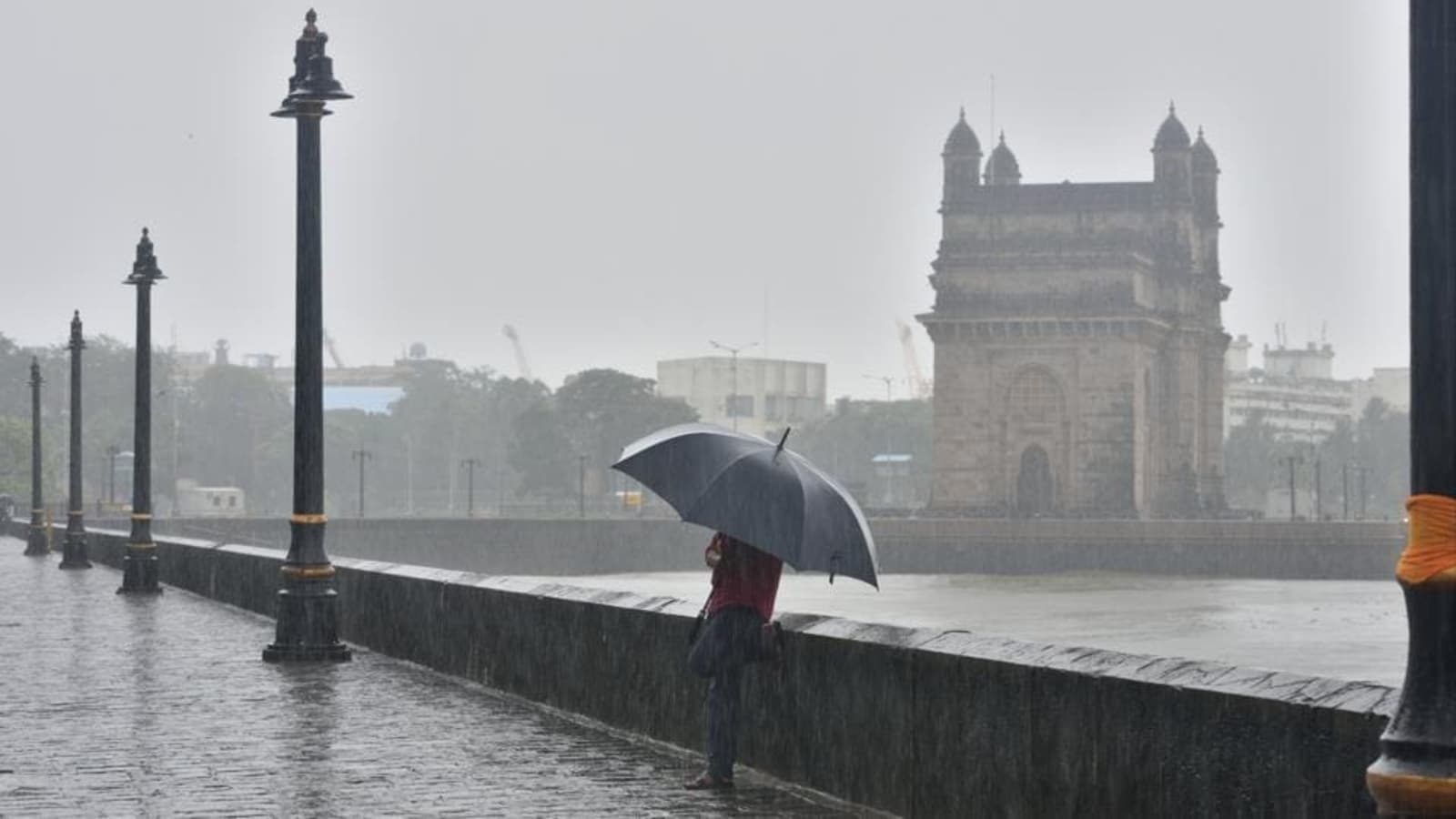It hasn’t rained much this monsoon (the season when condensed water molecules, in densely packed clouds, change to water droplets). Parched lands of India wait with longing for this season. When the first droplets fall, all rejoice: the soil releases a fragrance, flowers shed the scorched dullness of a harsh summer, space suffocated by humidity finds room to breathe, the arboreal take shelter, the terrestrial adjust, and the amphibians get frisky.

This morning when I woke up, a heavy downpour had silenced all sound; a soothing quietude healed the ears and the mind. We need the rains, I thought, not merely so that our crop cycles can flourish, or our water supply can flow uninterrupted. We need the rains to remind us to slowdown, a word the English lexicon associates with decline, stagnation, slackness: the healthy move fast, the smart think fast, the efficient produce fast, and the prolific create fast.
Fast is desirable—the fast car, the jet plane, the bullet train, the mechanised conveniences. We need to save time to get more things done, faster. The Shinkansen (bullet train) is a classic example of our need for speed: engineered to transport people quickly from remote regions of Japan to its financial and commercial capital, Tokyo.
The journey is not important, the interactions are inconsequential, what matters is how fast we get to the destination, and how much we can pack into one “living” day, leaving the psychiatrists to manage an isolated, disconnected, and sleep deprived population. To me this visual is a reminder of the poultry vans, filled with depressed (looking) chicken who have succumbed to their fate.
How did we get here? In India, the means of livelihood changed significantly with the era of colonisation, especially under the British; their land tenure systems that were devised to earn disproportionately high revenues from farmers for the East India Company forced people to change how and where they lived.
Today, we see the disenfranchisement of indigenous communities by corporate colonists, across the free world. Their right to choose how and how much of their habitable region can be restructured is being violated, reducing their voice in the political and economic landscape. This is (and has been) our fate too—the fate of the urbanised—and it shall continue to be if we allow our relationship with our current habitat to be destroyed.
When we lose our connection with the land that feeds us and the natural systems that enable us to live healthy lives, we disembody the mind. A disembodied mind is like the mind of a depressed chicken in a coop: physical reality is so oppressive that it continues to live because it doesn’t have the tools to destroy life and perhaps neither does it have the instinct, unlike us humans who fuel violence and destruction with disembodiment; when the mind is separated from its physicality it can’t help but get destructive, ask an artist and they will tell you that they are most creative when in touch with “something” deep within—the unseen and often ignored subconscious that a disembodied mind cannot feel.
The conversation that we need to have with ourselves is not about what’s wrong with capitalism, but about what it means to be an organic, natural being, and what will it take to continue having the autonomy to live as one?
We are too many of us, too many humans, and together we carry a weight and mass that reduces our agility: we can’t go back, but we can choose right now. Ours is the urban and semi-urban habitat, and the resources that we depend on to live should come from here, not from community forests and rural lands that are home to people who care for and rely on them. For this change to happen, we need to live an embodied existence: one that keeps the mind and body in relative harmony.
A run on the treadmill is not the answer, neither is a stroll in the park. To live an embodied existence, we simply need to slowdown and consume less. Less electricity, less gadgets, less gasoline, less commodities, less packaging, less chatter, and less stimulation. At an interactive session on sustainability with school children, a ten-year old girl asked me: ‘Won’t people lose their jobs if we decide to buy less?’ A relevant question and an unavoidable outcome that can be mitigated. Consuming less (not the same as deprivation) is our only recourse, it will force businesses, governments, and our habits to change. But if we continue to consume the way we do, we won’t have the chance to change, even if we pleaded. P:S: The socio-economic impact of this outcome can be mitigated if funds are planned and organised, and fairly distributed to ensure people continue to earn a minimum basic income. All of us in a mid to high income bracket should agree and even push our employers to issue a pay cut to organise this fund, following the example of Millionaires for humanity.